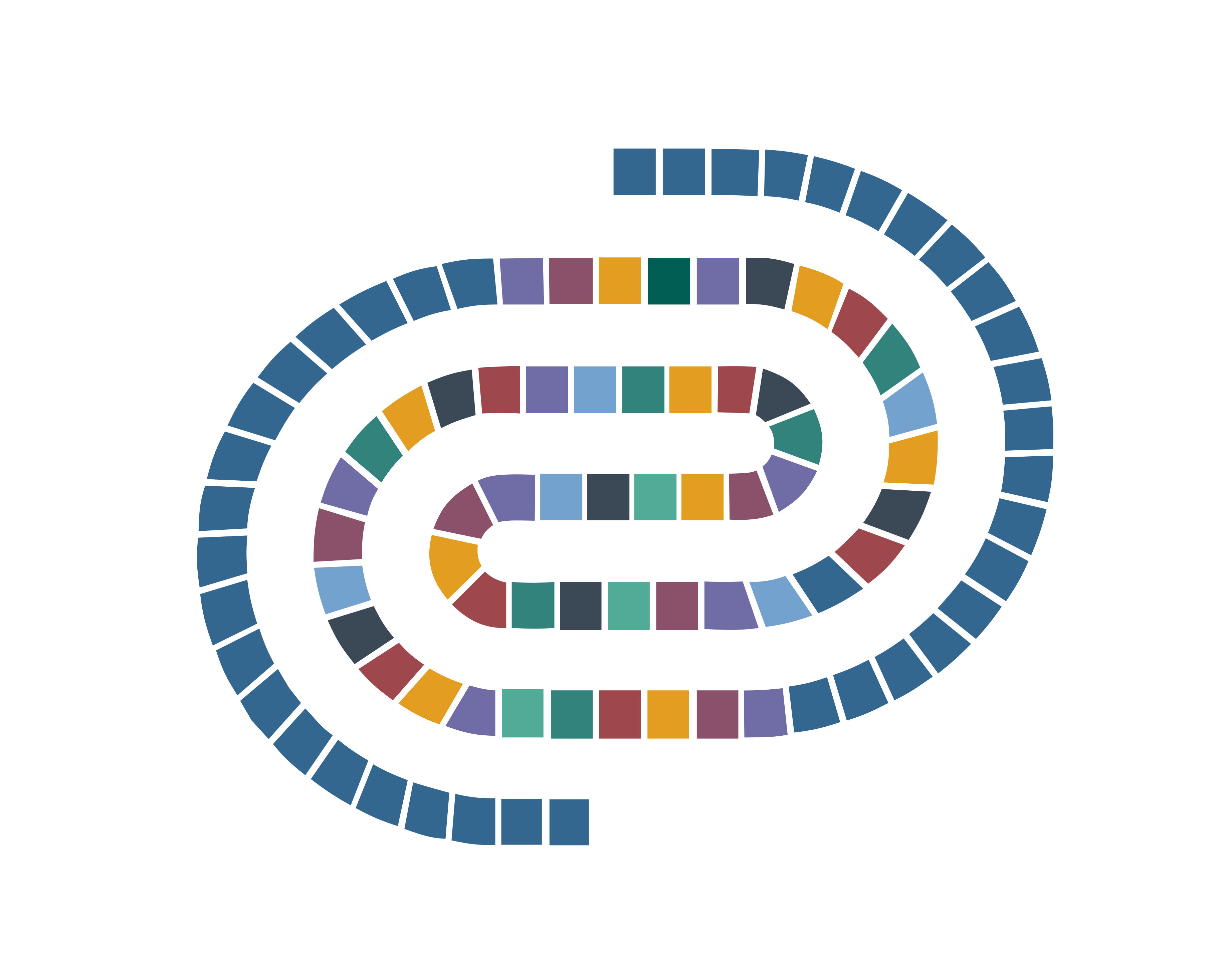Short Description
The perception of artwork from state socialism in Europe (e.g. the GDR) often remains simplified in a binary pattern by type-casting artists (or architects, writers, etc.) from “the East” as either dissidents – “the underground artist” – or conformists, “the State artist”. Situated in the field of visual cultures, the Decolonizing Socialism (Decoso) research project aims to apply decolonial methods and mobilize practice-based approaches to engage in a critical analysis of case studies of art practices from socialist geographies of the Cold War period from Europe, with a specific focus on operational concepts of cybernetics and internationalism for the contemporary condition.
Academic research on the Global Cold War, European post-war history and the study of international relations in Europe has mainly analyzed Cold War scenarios from a “Western” perspective, while neglecting the field of art. However, in European art history, a historical-comparative study of art from the two Germanys is primarily sought. What is missing and therefore urgently needed is a case-based analysis of art projects from the GDR with a clear internationalist mission, and the mobilization of these projects for current ongoing debates.
Decoso aims to mobilize decolonial/decolonizing methods with an epistemological awareness of lived experiences, academic documents, intelligence files and artistic projects from socialist/internationalist geographies, and to position the political project of the GDR beyond the often binary narrative of dissidentism vs. conformism. The focus is placed on artistic methods that relate cybernetics to geopolitics and internationalism.
History, Audio, Germany, Qualitative Analysis, Images
History, Audio, Germany, Qualitative Analysis, Images
Ongoing
Decolonizing Socialism: Entangled Internationalism. An Intersectional Study of Cold War Projects from East Germany in Cinema and Cybernetics with Relevance for the 21st Century
.webp)
